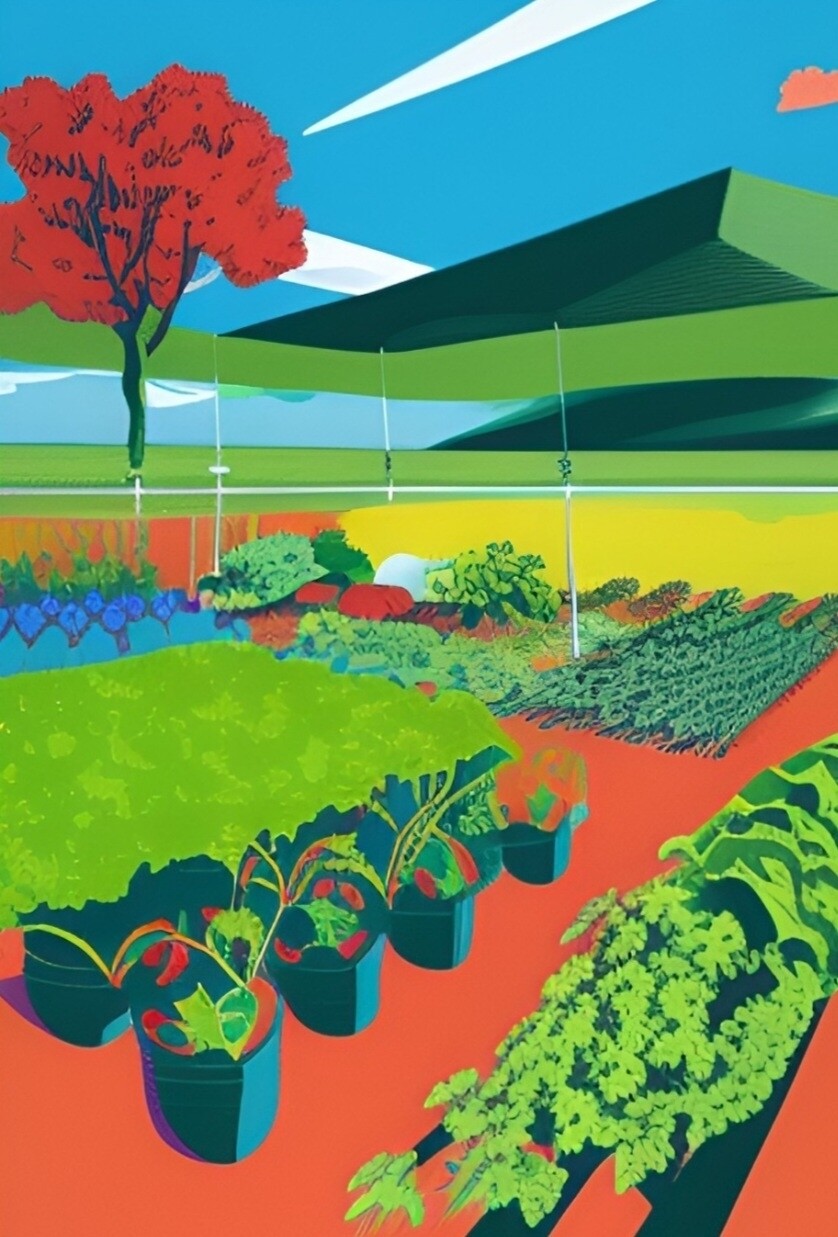What is Back to Eden Gardening?
Back to Eden Gardening is a sustainable and organic gardening method that mimics nature to create a healthy and productive garden. This approach to gardening is based on the principles of permaculture, which is a holistic design system for creating sustainable human settlements.
The core idea behind Back to Eden gardening is to mimic the natural systems of a forest, which is characterized by a rich and diverse ecosystem, a closed-loop nutrient cycle, and minimal human intervention. In this method, garden beds are covered with a thick layer of wood chips, which serve as a mulch. The mulch helps to retain moisture, suppress weeds, and add organic matter to the soil over time, just as fallen leaves would in a forest.
In addition to the mulch, Back to Eden gardening relies on natural and organic inputs, such as compost, compost tea, and companion planting, to create a thriving garden. The use of chemical fertilizers, herbicides, and pesticides is avoided, as these can harm the soil and the plants' health, as well as the surrounding environment. Instead, Back to Eden gardeners rely on natural methods to control pests and diseases, such as companion planting, crop rotation, and beneficial insects.
The results of Back to Eden gardening are often stunning, with abundant yields and a thriving ecosystem that supports many species of plants and animals. The garden is also much easier to maintain than traditional gardens, as the mulch provides all the necessary nutrients, and weeds are kept to a minimum. Additionally, the closed-loop nutrient cycle in a Back to Eden garden means that there is less waste and fewer inputs required, making it a more sustainable and eco-friendly option.
Back to Eden gardening is a simple and effective way to create a healthy and productive garden. By mimicking the natural systems of a forest and relying on organic inputs, gardeners can create a thriving ecosystem that is sustainable and easy to maintain. Whether you are a seasoned gardener or a beginner, Back to Eden gardening is an approach that is worth considering if you want to grow healthy and delicious food while minimizing your impact on the environment.
